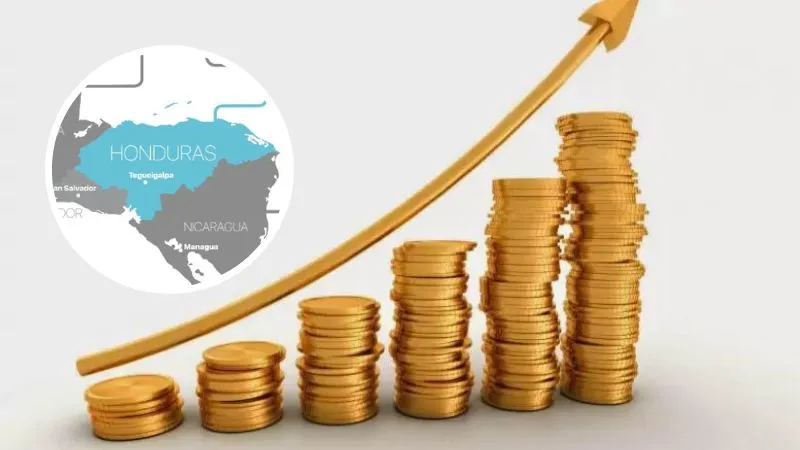Sustainable Agriculture

An Inquiry into Sustainable Businesses
30 de January de 2020
ACF official partner with National Supermarket Association
19 de April de 2021Agriculture is the world’s largest industry. Modern agriculture exemplifies our globalized world. The term “local” food only became reintroduced because people all over the world used to eating foods that their ecosystems do not grow. Eating avocados and starfruit in Vermont is now totally plausible. Consumers have become accustomed to being able to satisfy all their cravings, even if you live in Dublin, chances are you’ve eaten plenty of bananas. So is this globalized food economy sustainable?
This industry “employs more than one billion people and generates over $1.3 trillion dollars worth of food annually.” (WWF 2020) Restoring agriculture can rehabilitate biodiversity and preserve habitats. Commercial agriculture does not have to degrade the land, by clearing and cutting and thinning out already existing forests and only planting one crop. Rather, edible crops can be introduced to an already existing habitat. When agricultural operations are sustainably managed, they can improve soil health and water quality, lessening government or market costs. Healthy ecosystems make a healthier populace. “ The main driver of deforestation is unsustainable and illegal agriculture—making room for cash crops like palm oil and rubber. The realities of deforestation are staggering; we’re losing forests at a rate equivalent to 27 soccer fields per minute.” (Hancock 2020) Transforming the agriculture industry from highly mechanized that uses resources ineffectively such as water and land towards an industry that replenishes the land.
American Capital Financial Corp. with Juan Carlos Zurita as its president is looking to build partnerships with companies invested in sustainable agriculture, particularly smaller production companies seeking to eliminate the middleman exporter. An investment in sustainable agriculture is an investment in a mechanism that sequesters carbon that is debilitating on the Earth’s ozone layer in the atmosphere. Bridging inevitable globalization with a local mindset will harness a more ecologically, economically, and socially society. A local mindset pertains to investing more into local food production companies or even selling it first and more predominantly to your local community and then exporting out. Through proper evaluations of agriculture companies, ACF intends on establishing partnerships that share their values in sustainable agriculture and climate change.




